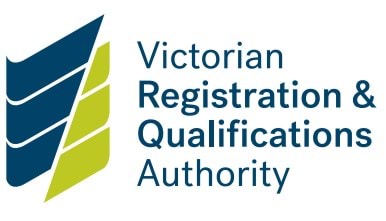About the Standard
This Standard focuses on ensuring that people who work with children are suitable and supported to act in a child safe way.
As part of this Standard, providers must:
- develop robust procedures to ensure only suitable people work with children
- supervise staff and volunteers to ensure they prioritise the safety of children
- support staff and volunteers to understand their responsibilities.
Are you a registered school?
CRICOS schools and SEOs that are also registered schools should follow the child safe advice for schools. They must ensure their CRICOS and SEOs operations are incorporated into the school’s compliance with the Standards. They should tailor advice to their international student cohort and community.
Schools - suitable staff and volunteers regulations
People working with children and young people are suitable and supported to reflect child safety and wellbeing values in practice.
A CRICOS or SEO school complying with this Standard may have:
- policies that specify all staff and volunteers are responsible for the safety and wellbeing of international students, including a 24/7 duty of care where applicable
- processes to ensure that third-party organisations supporting outbound students have policies and procedures to respond to critical incidents
- staff and volunteer onboarding that includes:
- child safety referee checks
- pre-employment screening
- recruitment recordkeeping
- information sharing
- mandatory reporting requirements
- supervision of international staff and volunteers with a focus on child safety and wellbeing
- current Working with Children Checks for:
- all staff and volunteers
- international student coordinator
- screening and training for homestay providers and host families
- performance monitoring.
Are you a non-school student exchange organisation?
Non-school student exchange organisations (SEOs) should follow the advice provided on this page and ensure that student care and oversight of inbound and outbound exchange programs match.
How to comply
A non-school SEO must inform staff and volunteers about:
- the organisation’s recordkeeping processes about child safety and wellbeing
- information sharing and reporting obligations.
They must also have child safety policies and procedures for staff and volunteers':
- recruitment and selection processes
- screening
- supervision
- training
- development
- performance monitoring.
SEOs must make sure all staff and volunteers are aware of the reporting procedures for child safety issues.
Examples of compliance
A non-school SEO complying with this Standard may:
- have policies that specify all staff and volunteers are responsible for the safety and wellbeing of exchange students including a 24/7 duty of care
- screen host families to ensure that they are suitable
- keep records of Working with Children Checks or local equivalent, for all aged 18 and over, for:
- staff
- volunteers
- host family members
- provide child safety training to all staff, volunteers and host families
- inform all applicants, including third-party providers, of the SEO's child safety practices
- update processes to ensure that third-party organisations supporting outbound students have policies and procedures to respond to critical incidents
- include child safety information in host family recruitment practices
- plan job advertisement and interview questions to screen for child safety
Updated


